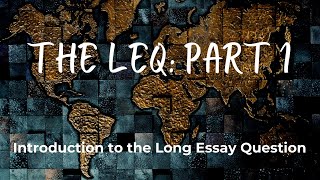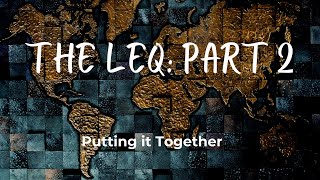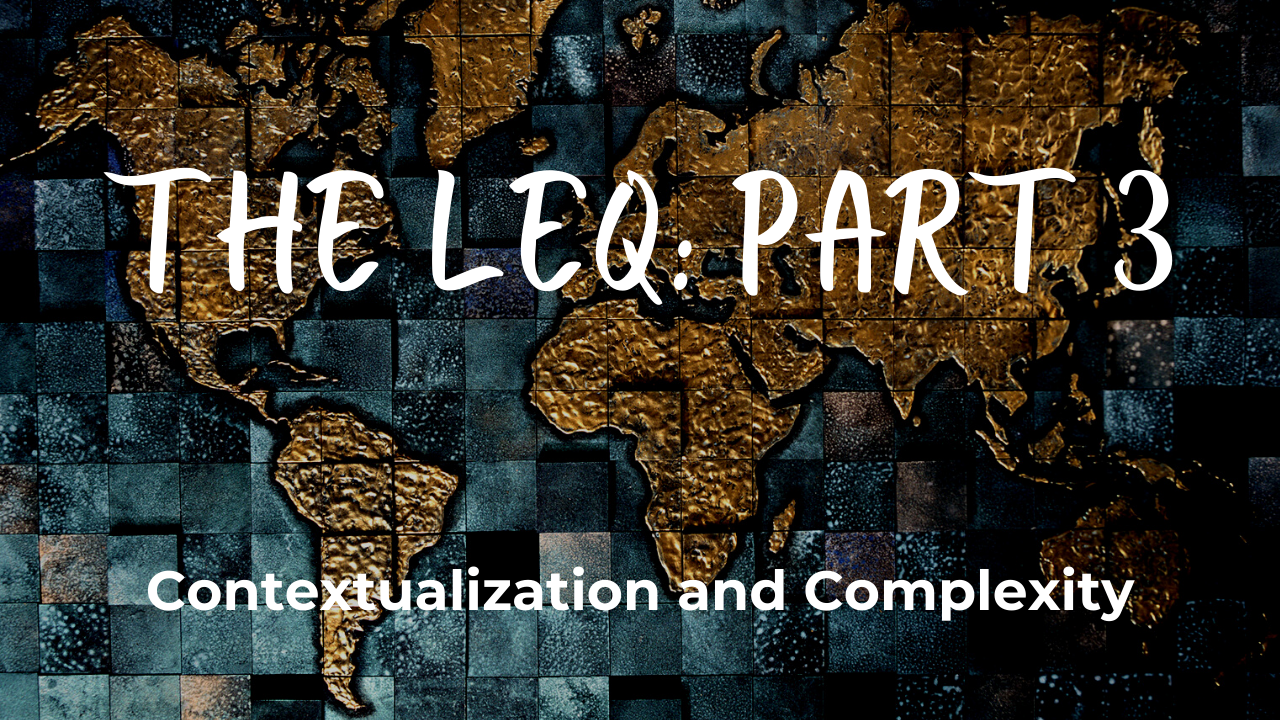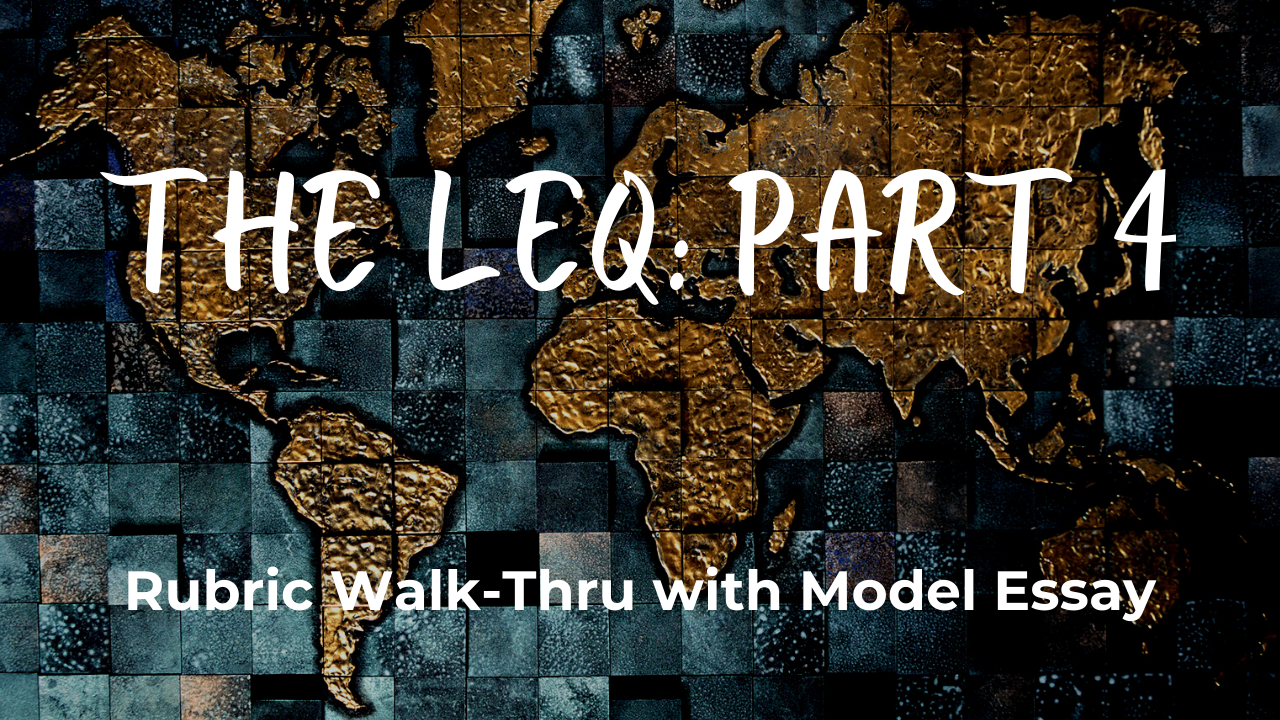Your group will be assigned one of the following empires:
1) Roman
2) Mauryan/Gupta
3) Qin/Han
4) Persian
Your goal is to research your empire and be able to engage in an intelligent comparative discussion about it with other groups about their empires. You must deal with these components of your empire:
- Its techniques of imperial administration
- Its methods of expansion
- Its intellectual and cultural traditions (including changing belief systems)
- Its social structures
- The reasons for its decline and fall
General Resources for Question Writing:
Developing Questions for Harkness Discussions
Bloom's Taxonomy for Question Writing
| Roman Empire Resources | Maurya/Gupta Resources |
| Period 2 Podcast #2 Bulliet CH 5 Rome Strayer CH 4 Eurasian Empires AP Worldipedia Period 2 |
Bentley CH 9 India Bulliet CH 6 India AP Worldipedia Period 2 |
| Qin/Han Resources | Persian Resources |
| Bentley CH 8 China Strayer CH 4 Eurasian Empires Period 2 Podcast #1 AP Worldipedia Period 2 |
Strayer CH 4 Eurasian Empires Bulliet CH 4 Persia and Greece AP Worldipedia Period 2 |
Time Period/Key Concept Study Guides:
Here are some great resources from Mr. Lasseter
| Key Concept Guides | Unit videos | Name 5 Reviews |
| Period 1 | Period 1 | Period 1 |
| Period 2 | Period 2 (1, 2, 3) | Period 2 |
| Period 3 | Period 3 (1, 2, 3) | Period 3 |
| Period 4 | Period 4 (1, 2, 3) | Period 4 |
| Period 5 | Period 5 (1, 2, 3, 4) | Period 5 |
| Period 6 | Period 6 (1, 2, 3) | Period 6 |
The AP Test contains three LEQ prompts that assess the same theme(s) but are each set in different time periods. The student selects ONE of these options and writes a thesis-driven essay to fully answer the prompt.
It is of absolute importance that teachers (and students) understand that the purpose of the Long Essay Question is not to measure a student’s comprehensive knowledge on a given historical topic. Rather, it is to measure the student’s ability to make a historical argument. The evidence requirements on the LEQ are low and the prompts are purposely crafted to be broad enough that any well-prepared student should not come up short on evidence. It is what the student does with the evidence and how he or she presents it in the essay that earns high scores.
Consider the following two examples concerning the use of evidence in an LEQ:
Prompt: Evaluate the extent to which Indian Ocean trade changed between 600 and 1750
|
Sample 1 Indian Ocean trade increased because of new technologies such as the compass, the astrolabe, the lateen sail, the dhow, and the Chinese Junk. |
|
Sample 2 Indian Oceans trade increased because of technologies such as the lateen sail. This sail allowed merchants to sail in any direction and freed them from the patterns of the Monsoon winds. As a result, they could make voyages even when the winds were not favorable. They could sail more often and more voyages meant more items being traded. |
Note the first sample actually dropped more evidence but did little to develop any of it into an analysis. On the other hand, the second sample only mentioned one piece of evidence but gave a thorough analysis of how it helped to increase trade. An essay made of these analyses is what the LEQ is about.
The student who begins the LEQ by situating the topic in a larger historical context, presents a valid thesis with historical and relevant claims, and composes structured supporting paragraphs with evidence and analysis will score well on the LEQ.
Instructional Videos on the Long Essay Question
  |
 |
| The Graphic Organizer and Prompt | The Formal Prompt |
 |
 |
| LEQ Outline Guide | Rubric, Model Essay for Grading |
Page 13 of 14
Warning: Illegal string offset 'active' in /home1/history4/public_html/templates/schoolpro/html/pagination.php on line 90
Warning: Illegal string offset 'active' in /home1/history4/public_html/templates/schoolpro/html/pagination.php on line 96
Warning: Illegal string offset 'active' in /home1/history4/public_html/templates/schoolpro/html/pagination.php on line 90
Warning: Illegal string offset 'active' in /home1/history4/public_html/templates/schoolpro/html/pagination.php on line 96
Warning: Illegal string offset 'active' in /home1/history4/public_html/templates/schoolpro/html/pagination.php on line 90
Warning: Illegal string offset 'active' in /home1/history4/public_html/templates/schoolpro/html/pagination.php on line 96
Warning: Illegal string offset 'active' in /home1/history4/public_html/templates/schoolpro/html/pagination.php on line 90
Warning: Illegal string offset 'active' in /home1/history4/public_html/templates/schoolpro/html/pagination.php on line 96
Warning: Illegal string offset 'active' in /home1/history4/public_html/templates/schoolpro/html/pagination.php on line 90
Warning: Illegal string offset 'active' in /home1/history4/public_html/templates/schoolpro/html/pagination.php on line 96
Warning: Illegal string offset 'active' in /home1/history4/public_html/templates/schoolpro/html/pagination.php on line 90
Warning: Illegal string offset 'active' in /home1/history4/public_html/templates/schoolpro/html/pagination.php on line 96
Warning: Illegal string offset 'active' in /home1/history4/public_html/templates/schoolpro/html/pagination.php on line 90
Warning: Illegal string offset 'active' in /home1/history4/public_html/templates/schoolpro/html/pagination.php on line 96
Warning: Illegal string offset 'active' in /home1/history4/public_html/templates/schoolpro/html/pagination.php on line 90
Warning: Illegal string offset 'active' in /home1/history4/public_html/templates/schoolpro/html/pagination.php on line 96
Warning: Illegal string offset 'active' in /home1/history4/public_html/templates/schoolpro/html/pagination.php on line 90
Warning: Illegal string offset 'active' in /home1/history4/public_html/templates/schoolpro/html/pagination.php on line 96
Warning: Illegal string offset 'active' in /home1/history4/public_html/templates/schoolpro/html/pagination.php on line 90
Warning: Illegal string offset 'active' in /home1/history4/public_html/templates/schoolpro/html/pagination.php on line 96








